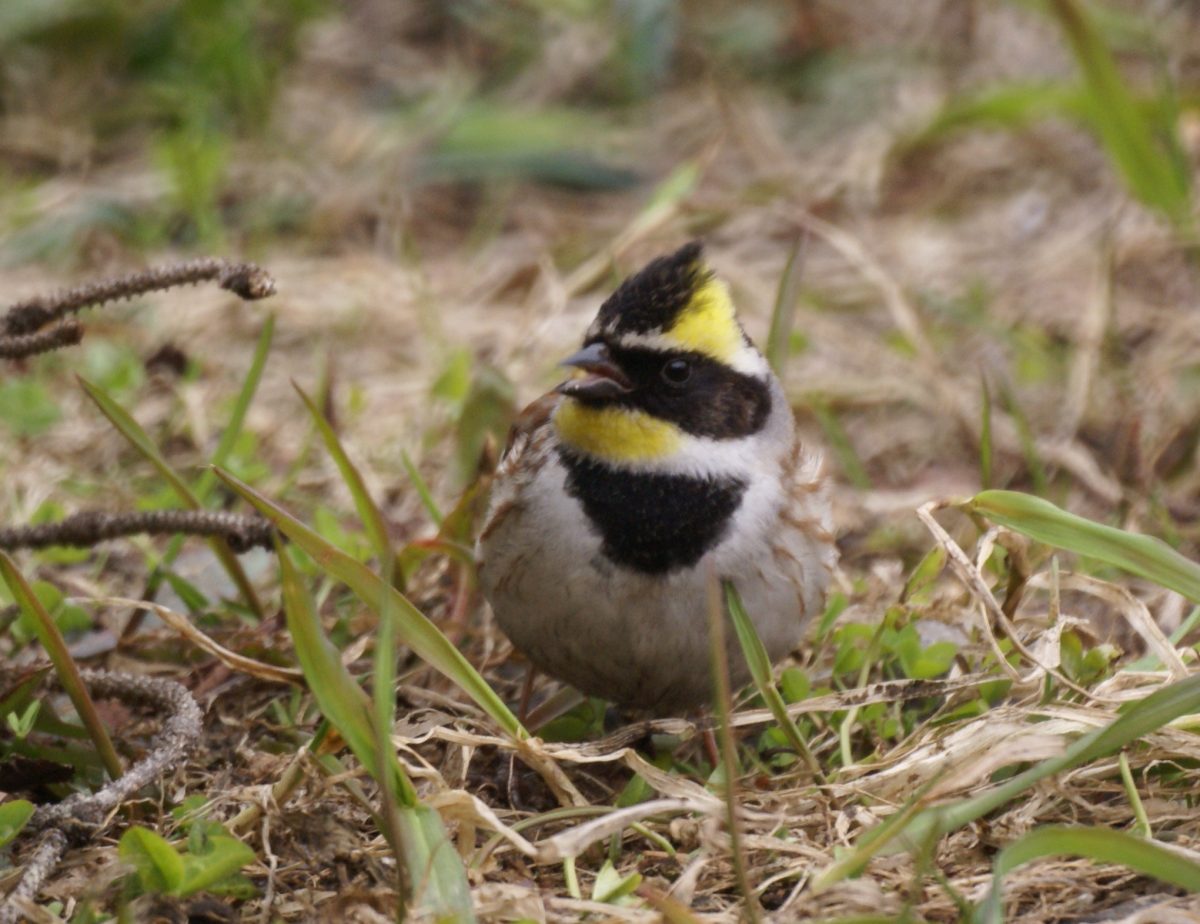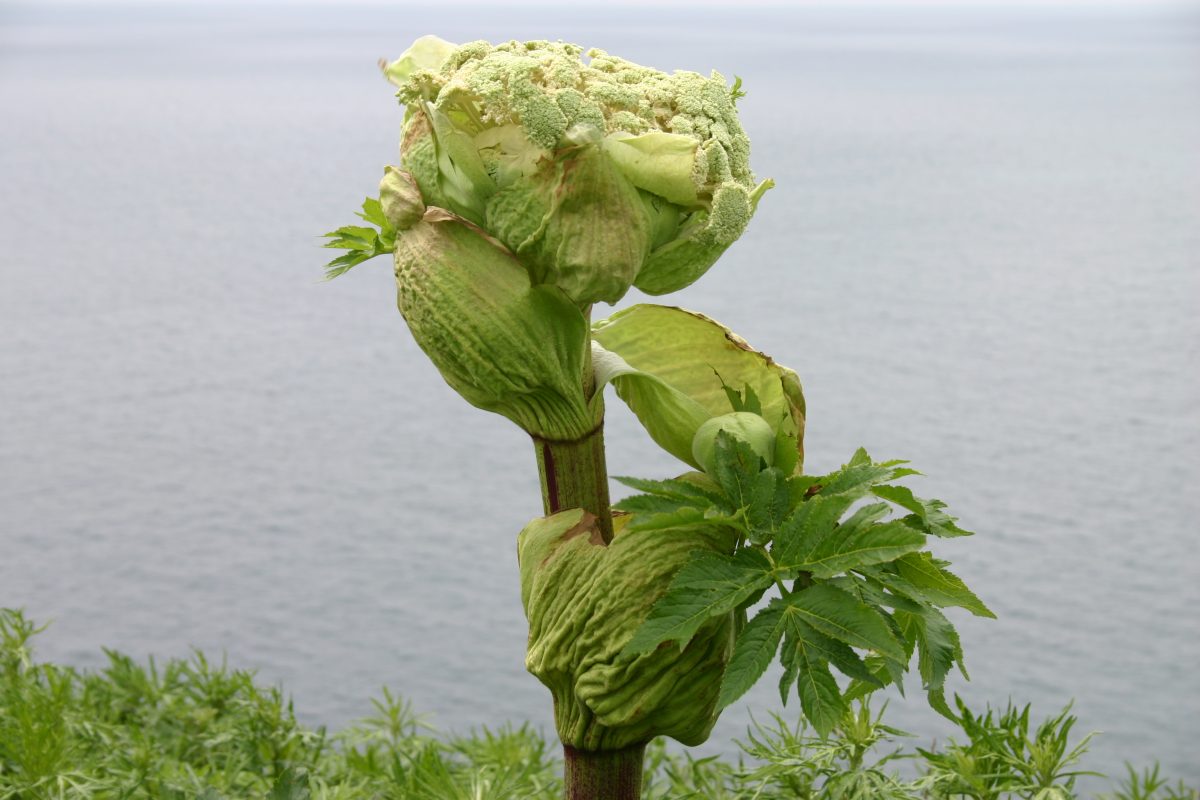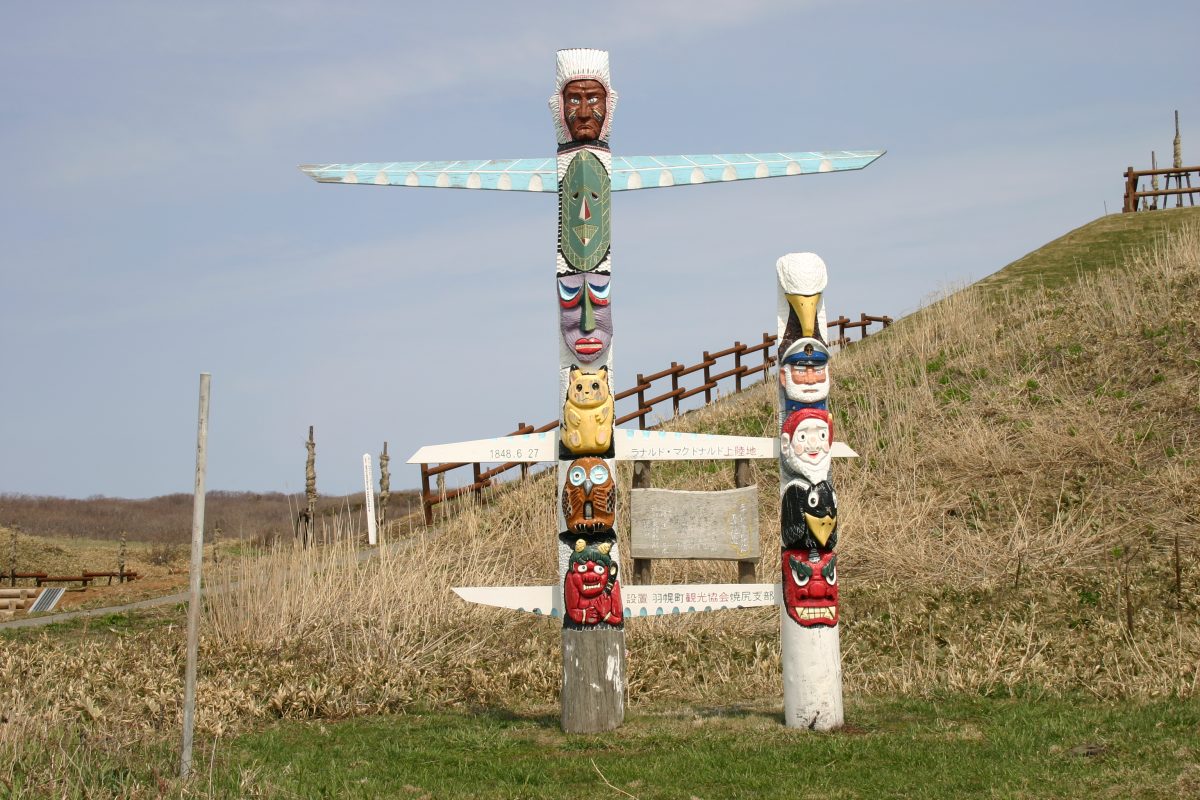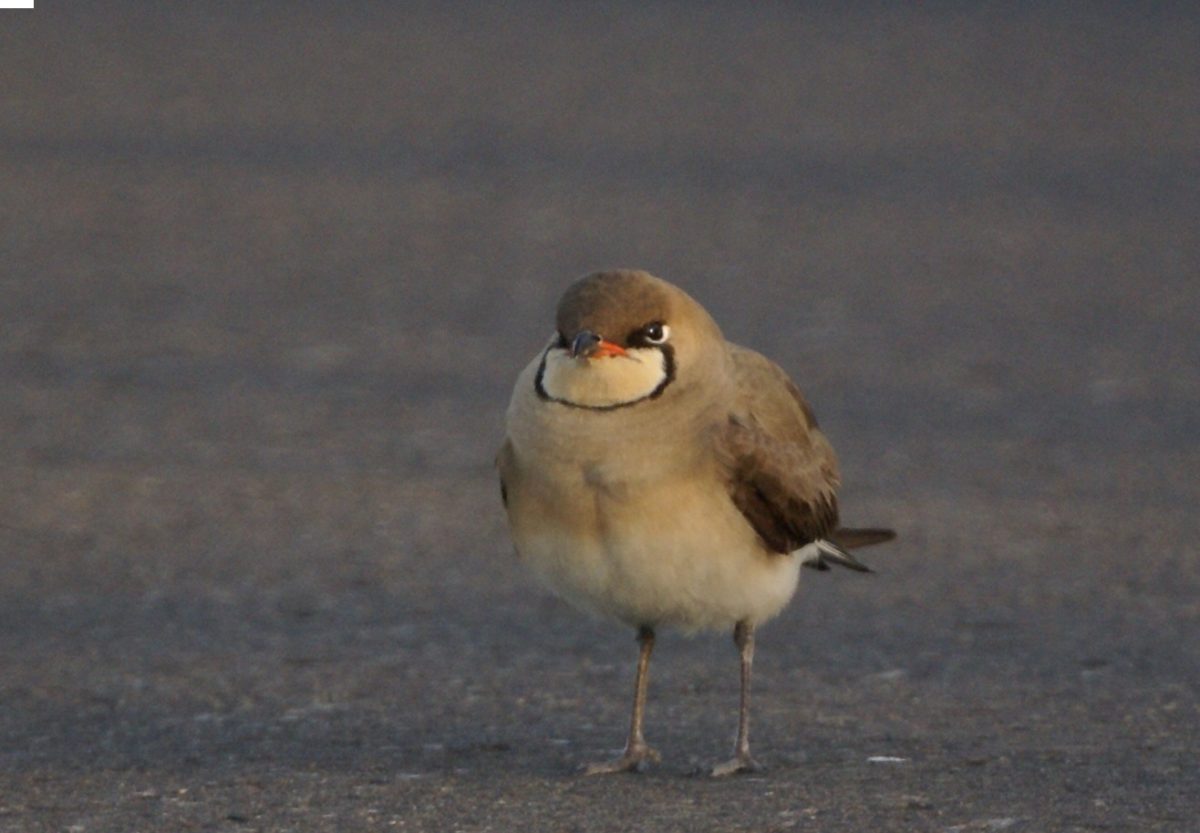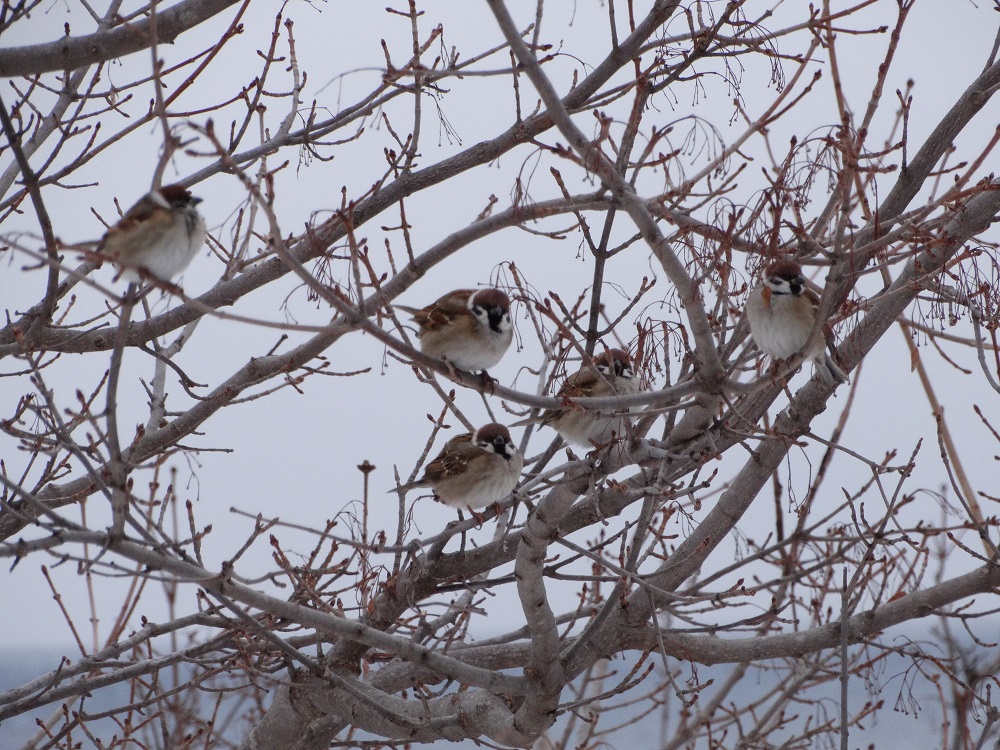焼尻島物語 その15
2026.02.19
焼尻島物語 その2
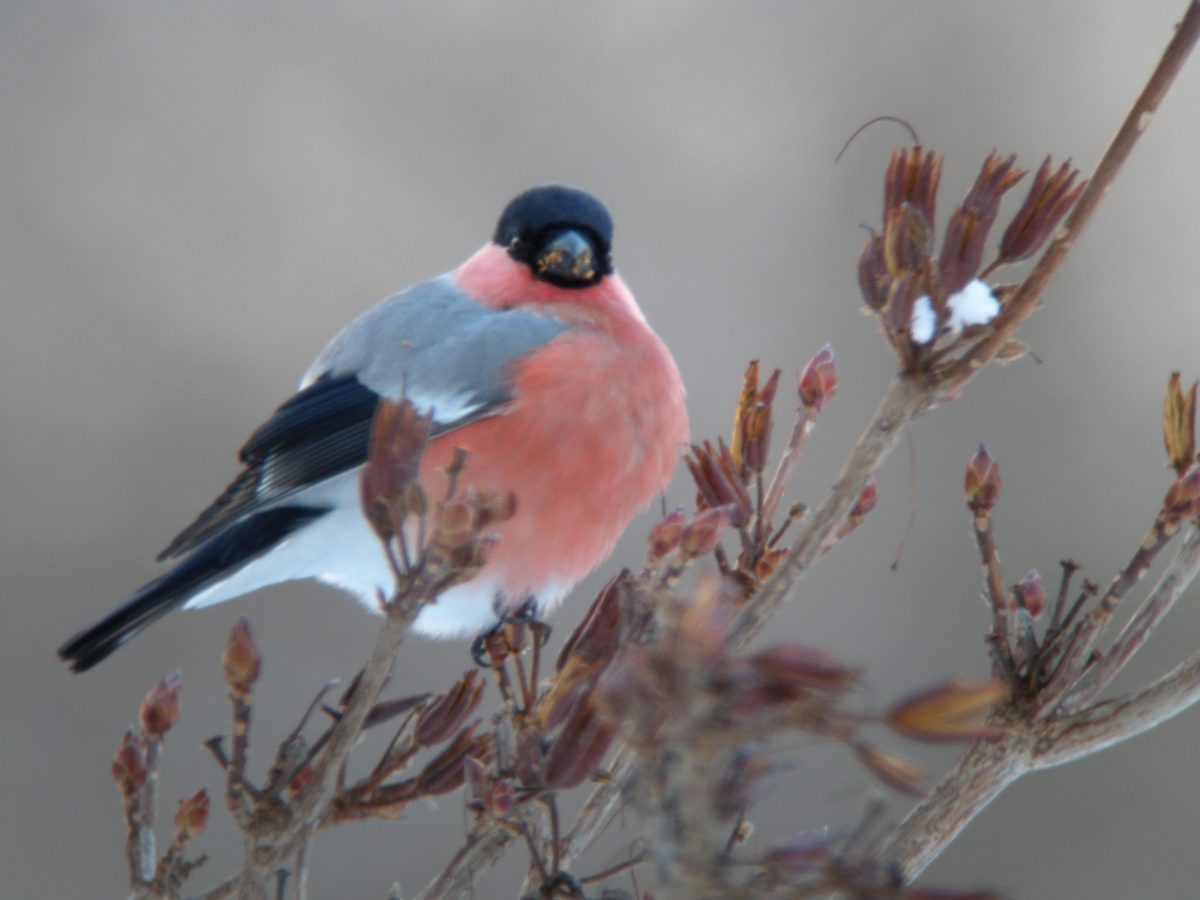
焼尻島を訪れる小鳥たち
ベニバラウソ
ウソ ― Eurasian Bullfinch
春、桜のつぼみがほころび始める頃や
初雪が舞い始める初冬。
「ウソ」は静かに焼尻島を訪れます。
頬を染めたような紅い体と、やわらかな灰色の羽。
森の中にその姿を見つけると、ひととき寒さを忘れるほどの可憐さです。
「ウソ」という名は、古語で“口笛”を意味する言葉から来ているそうです。
その名の通り、ヒーホーと口笛のように鳴く声は、どこかもの悲しく、
それでいて心の奥をやさしく撫でていくように響きます。
江戸の人々はこの鳥を「琴弾鳥(ことひきどり)」や「うそひめ」と呼び、
まるで楽器の音色のようにその声を愛でていたといいます。
「琴弾鳥 秋風冷たく吹く中で 枯葉舞う音 奏で始める」
秋風に枯葉が舞う音の中で、
あの小さな鳥の声が聞こえたなら――
それは、島がひととき、優しい音楽で満たされる瞬間です。
Little Visitors to Yagishiri Island
The Eurasian Bullfinch
In early spring, when cherry buds begin to swell,
or in early winter, when the first snow starts to fall,
the Eurasian bullfinch quietly arrives on Yagishiri Island.
With its rosy face and soft gray feathers,
its presence in the forest makes you forget the chill for a moment.
The Japanese name Uso comes from an old word meaning “whistle.”
Its gentle call, a plaintive hee-hoo, is like a whisper through a flute—
a sound that touches something deep inside you.
In the Edo period, people affectionately called it Koto-hiki-dori—“the harp-playing bird”—
or Uso-hime, “Princess Bullfinch,” admiring the musical beauty of its voice.
Koto-hiki-dori, as the cold autumn wind blows,
begins to play the sound of falling leaves.
When you hear that delicate song amid the rustle of autumn leaves,
it feels as though the entire island has begun to play its own quiet music.
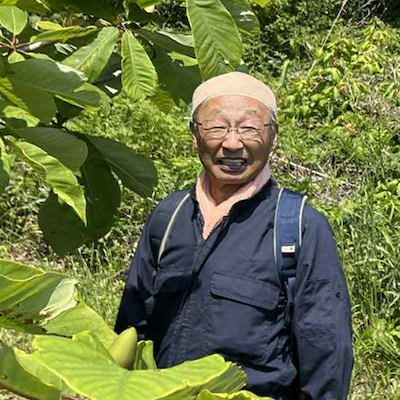
磯野 直
- 民泊じいじの家オーナー
- 他の記事
かつて旅館「磯野屋」を営んでいた磯野直さんは、現在「民泊じいじの家」を開いて島の暮らしを伝えています。
WEBマガジンでは、ありのままの焼尻島の自然や日常を、飾らない言葉で発信中。
島を愛する「じいじ」のまなざしを、どうぞお楽しみください。

























